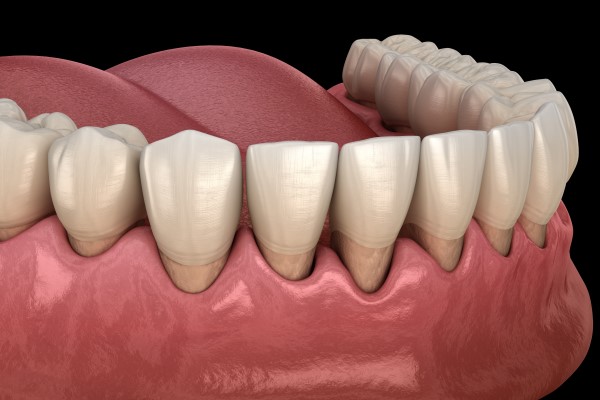The Importance of Oral Hygiene

Making excellent oral hygiene a habit is enough to avert most oral health diseases. Oral hygiene should be apart of your lifestyle and a frequent activity. A daily routine of oral care is necessary to clean the tooth of food bits or debris and plaque.
What are the consequences of poor oral hygiene?
- The primary result of poor oral care is tooth decay. When tooth decay does not receive immediate attention, it could worsen into tooth nerve infection, which causes unbearable pain. If left for long, the bones around the tooth will soon be affected, resulting in bone loss. In worse cases, you could suffer abscess, which may require the removal of the root canal or even the teeth.
- Another issue is gum disease, which can range from gingivitis and mild inflammation to severe periodontitis. If not treated early, it will cause loss of the bone surrounding the teeth, and ultimately teeth loss.
- Bad breath or halitosis is another common issue with people who have poor oral hygiene.
- Unknown to many people, poor oral hygiene is associated with diabetes, heart diseases, and complications during pregnancy. It is, therefore, necessary for people with cardiac conditions or diabetes to maintain strict oral hygiene. Couples preparing for pregnancy should also book an appointment with the dentist to resolve any possible dental issue. Maintaining proper oral health during pregnancy is necessary.
- Tooth loss in aged people makes it difficult to eat healthy meal courses, and a weak digestive system is a constraint for their overall health, causing health complications such as anemia.
- Young people without good oral hygiene may soon suffer a premature loss of teeth, degradation of the dental structure and ultimately malocclusion.
So how do we maintain good oral hygiene?
Keeping your mouth clean and healthy is simple and straightforward. Experts recommend brushing twice daily using a soft or medium toothbrush with peanut-sized toothpaste. Brushing should be gentle on the teeth and not vigorous.
Flossing should be done at least once per day.
When brushing your teeth, you should also remember to clean your palate and tongue. Doing this before going to bed will help lessen the build-up of microorganism in the mouth.
Once daily, wash your mouth with antimicrobial or mouthwash containing fluoride.
Also, don’t forget to change your toothbrush every three months.
Eat healthily, reducing the number of sugary foods and drinks. Aerated and sour beverages also do your teeth more harm than good. They erode your teeth and make it sensitive.
At least once in six months, book an appointment with the dentist for a regular checkup and professional polishing and scaling of your teeth.
Paying regular visits to your dentist when you detect any minor discomfort, discoloration, or inflammation will aid early detection of severe issues before they worsen. Your dentist will also be able to recommend precautions or practices for better oral health.
Final Note
Prevention, we know is better than cure. Simple routines like these eliminate potential oral health issues and consequently avert expensive dental procedures in the future.
Request a dental appointment here: https://www.dentistryforwoodstock.com or call Dentistry for Woodstock at (770) 238-1437 for an appointment in our Woodstock dental office.
Recent Posts
Dental health remains as important as ever during the COVID-19 outbreak. However, you should still make your oral health a priority. The good news is that there are a few ways to maintain your dental health. A diet of nutritious foods and good oral hygiene are both ways to keep your teeth healthy. Keep reading…
Dental problems can be painful and often times scary, but with the help of a dentist in Woodstock, a person can have a checkup done and alleviate their fears whenever an issue does arise. In this article, we outline a few urgent signs that a person should keep an eye out for. Being aware of these…
A dental bridge is a tooth replacement option designed to fill in the gaps in your smile caused by missing teeth. Dental bridges restore the basic functions of biting and speech as well as the visual appeal of your smile. This guide explains the dental bridge procedure and how it works to replace lost teeth.Dental…
Healthy gums are just as important as healthy teeth, but they do not always get the attention they deserve. Periodontics is the dental specialty that focuses on the health of your gums and the bone that supports your teeth. Without proper care, gum problems can lead to serious oral health issues, including tooth loss. Learning…


